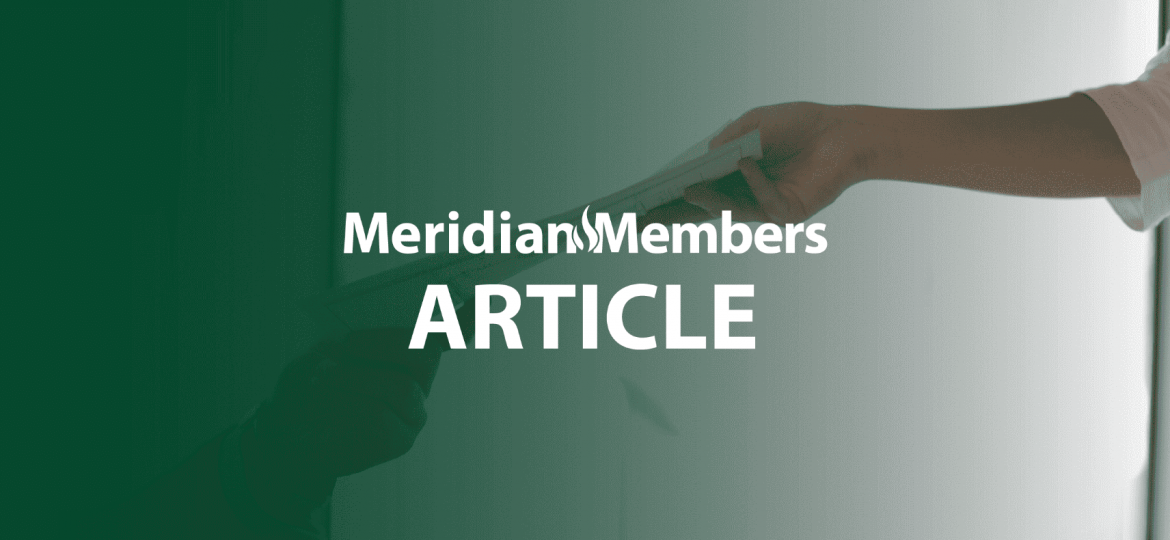
Marketers in the midst of acquisitions often make the fatal error of not informing their banker until the deal is finalized. By waiting this long, you are unknowingly setting yourself up for risk that you don’t need, plus missing out on a negotiation advantage.
Let’s cover the risk of delay first. Many marketers have been dismayed when after months of negotiations and finally reaching an agreement about assets, purchase price and terms, they go to their banker and find the deal they have agreed to does not meet the institution’s lending standards. Particularly with wholesale transactions, the final deal may be completely impossible to fund due to lack of acceptable collateral.
One of the best strategies to avoid this financing dilemma is to involve your banker in your purchase negotiations right from the start. By understanding the bank’s preferences, limitations and concerns up front, you will be positioned to negotiate a “bankable” deal from the beginning.
In addition, because bankers are quite conservative in their lending practices, they may even help negotiate a lower price for you. For instance, a seller may want money for his customer list, and the banker can pipe up in that conversation and tell the seller that they don’t finance customer lists because in the bank’s view, these lists have no hard value. The seller will be hard-pressed to continue to hold up a high value when the banker is looking him in the eye and saying the list has zero value!
Having your banker in on asset discussions is also valuable. For instance, a seller may want to sell you certain assets such as used oil tanks in the field that a banker may not want as collateral. He can also “cherry-pick” the hard assets to find collateral he would rather have to support the loan you need.
In some instances, there is bickering about owner carry-back collateral. If a bank wants certain collateral as a condition to financing, an owner reluctant to part with certain assets may cave in when the banker says the bank must be in first position on those assets to fund at all!
On real estate transactions, involving your banker in the early negotiations can smooth through the environmental requirements, indemnities and/or escrows, as well as lease assumptions, dealer agreements, etc. Your banker can bring strong clout to your negotiation.
And of course, the more involved, knowledgeable and excited your banker gets about the transaction, the better off you’ll be when it comes time to actually borrow money.
Finally, involving your banker is a nice compliment and form of respect. Even if the transaction doesn’t fly, you’ll have strengthened your relationship, which will pay off in subsequent transactions.

